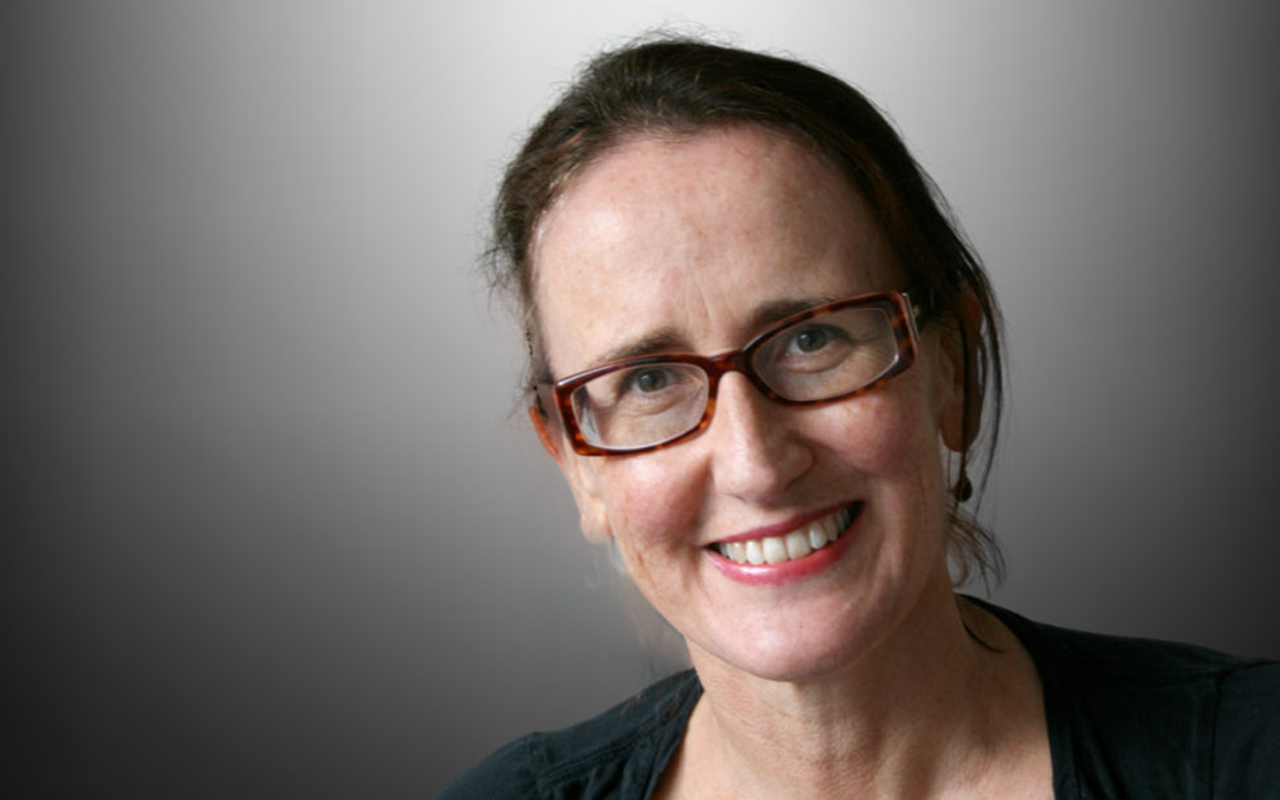“It is useless to attempt to reason a man out of a thing he was never reasoned into.”
THIS quote was attributed to Jonathan Swift in an article in Scientific American back in 1851, and I’ve often quoted it to justify my withdrawal from discussion with social media acquaintances posting reams of misinformation about vaccines or distant relatives claiming climate change is a hoax.
My approach seemed justified by 2010 research suggesting a “backfire effect”, where presentation of evidence might actually exacerbate antiscientific views.
What’s the point, I thought. It’s exhausting and dispiriting trying to engage with people who will never be swayed by facts, no matter how overwhelming.
Now, I’m wondering if that was a cop out, along the lines of giving up on recycling your household waste because “it really doesn’t matter what one person does”.
Boston University philosopher Lee McIntyre argues the refusal to engage is wrong “both factually and morally”.
“These people can and do change their minds, although it requires someone to put in the time to overcome distrust,” he wrote in Nature last week.
McIntyre certainly walks the walk. In 2018, his quest took him to the Flat Earth International Conference in Denver, Colorado.
“I chose to say nothing on the first day,” he writes, “although it was hard to keep my mouth shut when I heard that Antarctica is a wall of ice that keeps the sea from flowing off Earth.”
By the second day, he was glad he’d waited as he realised offering evidence would have just led to a response that space was fake and scientists were liars.
So what did he achieve?
“Although I didn’t convince any flat-earthers on the spot, I did learn how to get them to listen. I let them speak, then followed up with questions once the dialogue was rolling,” he writes.
“Instead of refuting arguments, I asked, ‘What evidence might change your mind?’ If they said they needed ‘proof’, I asked why existing evidence was insufficient. If they shared a conspiracy theory, I asked why they trusted the evidence for it. By doing that – and not monologuing the facts – I was able to let them wonder why they couldn’t answer my questions.”
For McIntyre, it all comes down to trust.
“It is an axiom of science communication that you cannot convince a science denier with facts alone; most science deniers don’t have a deficit of information, but a deficit of trust. And trust has to be built, with patience, respect, empathy and interpersonal connections.”
He cites a 2019 Canadian study that saw clinicians conduct more than a thousand 20-minute interviews listening to new parents’ concerns about vaccination and answering their questions, using motivational interview techniques.
The study found children of interviewed parents were 9% more likely to be fully vaccinated than others born in the same maternity ward.
One mother told the doctor she spoke with: “It’s the first time that I’ve had a discussion like this, and I feel respected, and I trust you.”
Such patient-centred communication interventions take time and resources, but they’re an investment, not just in children’s health, but in scientific literacy more broadly.
So, I’ve been rethinking my approach, especially as it turns out that widely reported 2010 study suggesting a backfire effect wasn’t quite as straightforward as I’d thought.
One of the authors of the study, political scientist Brendan Nyhan, published a follow-up article in 2018 in which he described the way media coverage distorted and exaggerated the original finding.
The emerging research consensus was that corrective information was at least somewhat effective in countering misinformation, at least in the short term, Professor Nyhan wrote.
The primary challenge for scientific communication was, not to prevent backfire effects, but to understand how to target corrective information better and make it more effective, he wrote.
Flat Earth Conference, here I come!*
* Not really
Jane McCredie is a Sydney-based health and science writer.
The statements or opinions expressed in this article reflect the views of the authors and do not represent the official policy of the AMA, the MJA or InSight+ unless so stated.

 more_vert
more_vert
An excellent piece, Extremely important and timely, not just the Covid virus, but the poli-virus that is paralysing common decency and honesty in our governments.
The #1 action will be to teach critical thinking in our schools and public discourse.
The #2 action will be to demand critical thinking and honesty in statements from our politicians.
The #3 action is to come down extremely hard and imposes heavy penalties on those in the media and public life and affairs, who continue to publish misinformation and outright lies.
This is the simplest to initiate as it could be the simplest to ‘test’ for.
It should not be too difficult to enforce, if they are unable to produce primary properly peer data they are publishing, commenting on, the onus would be on them to show they had not fabricated facts.
It was Christopher Hitchens who said “Faith is belief without evidence. That which can be asserted without evidence can be dismissed without evidence”. Isn’t it rather schizoid to practice evidence based medicine while not living an evidence based life? The god delusion affects all too many decision making processes.
Respect is not demanded, or imposed, by being an expert, it is earned through listening and empathy.
The only way to fight the plague is with decency – Albert Camus
Jonathan Swift may have died in 1745 but the quote appears to be correctly attributed to him and has reappeared in various forms since then, including 1851.
See https://quoteinvestigator.com/2015/07/10/reason-out/
EDITOR’s NOTE: Nice catch James, thank you. Duly fixed.
Jonathan Swift died in 1745 which makes your opening sentence a bit of a clanger.
I don’t know if anyone else has said this:
“It is futile to fight faith with facts “
This applies to science, religion and many aspects
of our daily lives.